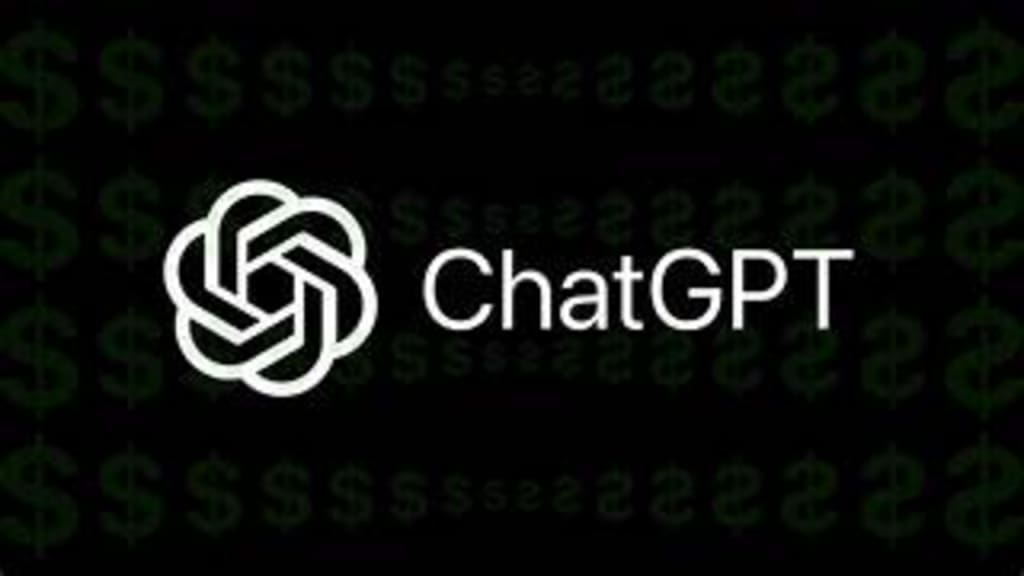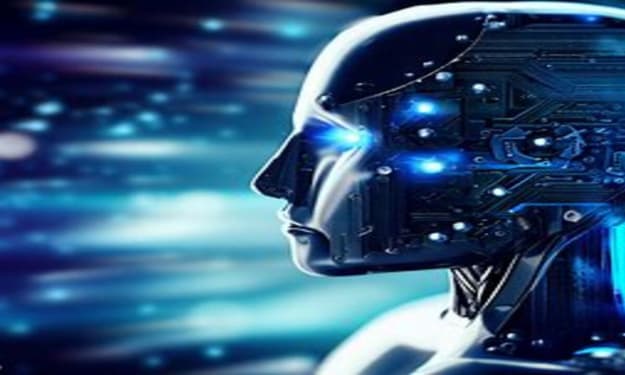
Limitations of ChatGPT
ChatGPT is an advanced language model that has revolutionized natural language processing and conversational AI. However, it is important to recognize its limitations and understand the areas where it falls short. In this discussion, we will explore the limitations of ChatGPT in more detail.
1. Lack of Real-World Understanding:
One of the key limitations of ChatGPT is its lack of real-world understanding. While it can generate coherent and contextually relevant responses, it does not possess genuine knowledge or experiences beyond what it has been trained on. ChatGPT relies solely on patterns and statistical associations in the text it has seen during training, which can lead to responses that lack true understanding of the world.
2. Limited Contextual Understanding:
It can maintain some level of context within a conversation, it often struggles with complex or nuanced contexts. It may misinterpret ambiguous statements or fail to grasp the implications of certain words or phrases, resulting in inaccurate or nonsensical responses. The model's inability to fully understand the context can limit its ability to provide accurate and insightful answers.
3. Lack of Reasoning and Inference:
It lacks the ability to reason and make logical inferences. While it can generate text based on patterns, it cannot analyze information, draw conclusions, or provide deep insights that require critical thinking or complex problem-solving skills. This limitation becomes apparent when the model is presented with tasks that involve complex reasoning or require connecting multiple pieces of information.
4. Insensitivity to Emotions and Empathy:
Another limitation of ChatGPT is its insensitivity to emotions and lack of empathy. The model does not possess emotions or a true understanding of human feelings. While it can generate responses that may appear empathetic, they are purely based on textual patterns and lack genuine emotional understanding. ChatGPT cannot provide emotional support or establish a genuine human connection.
5. Lack of Creativity and Originality:
It's responses are limited to patterns it has learned from its training data. While it can generate text that appears creative, it does not possess true creativity or the ability to invent new ideas, concepts, or artistic expressions. The model is bound by the patterns it has observed and lacks the ability to produce truly original content.
6. Inability to Learn in Real Time:
Unlike humans, ChatGPT does not have the ability to learn from new experiences or update its knowledge in real time. The training of the model is fixed at a specific point, and it cannot acquire new information unless it is retrained with additional data. This limitation prevents ChatGPT from staying up-to-date with the latest information and developments.
7. Difficulty in Handling Ambiguity and Humor:
Ambiguity and humor pose challenges for ChatGPT. The model may struggle to recognize double entendres, puns, sarcasm, or subtle jokes. As a result, it may provide responses that miss the intended meaning or sound awkward in a humorous context. The model's literal interpretation can limit its ability to engage in lighthearted or nuanced conversations.
8. Prone to Biases and Inaccuracies:
ChatGPT is trained on vast amounts of data, which can introduce biases and inaccuracies. If the training data contains biases or incorrect information, ChatGPT may inadvertently perpetuate those biases or provide inaccurate answers. It is essential to be aware of this limitation and critically evaluate the information provided by the model.
9. Lack of Ethical and Moral Understanding:
ChatGPT does not possess a sense of ethics or morality. It cannot distinguish between right and wrong, make ethical judgments, or consider the consequences of its responses. This limitation highlights the importance of human oversight when using ChatGPT to ensure responsible and ethical use of the technology.
10. Inability to Perform Physical Actions:
As a text-based model, ChatGPT cannot perform physical actions or manipulate the physical world. It is limited to generating text-based responses and cannot carry out tasks that require physical interactions or operations. This constraint prevents ChatGPT from engaging in tasks that involve practical or hands-on activities.
11. It doesn't know any information after September 2021.
In conclusion, while ChatGPT has made significant advancements in natural language processing, it is important to understand its limitations. The model's lack of real-world understanding, limited contextual understanding, and inability to reason or infer restrict its capabilities. Additionally, its insensitivity to emotions, lack of creativity, and challenges in handling ambiguity and humor further highlight its limitations. Awareness of these limitations is crucial for responsible and informed use of ChatGPT and for setting realistic expectations regarding its capabilities.
THANK YOU FOR READING!





Comments
There are no comments for this story
Be the first to respond and start the conversation.